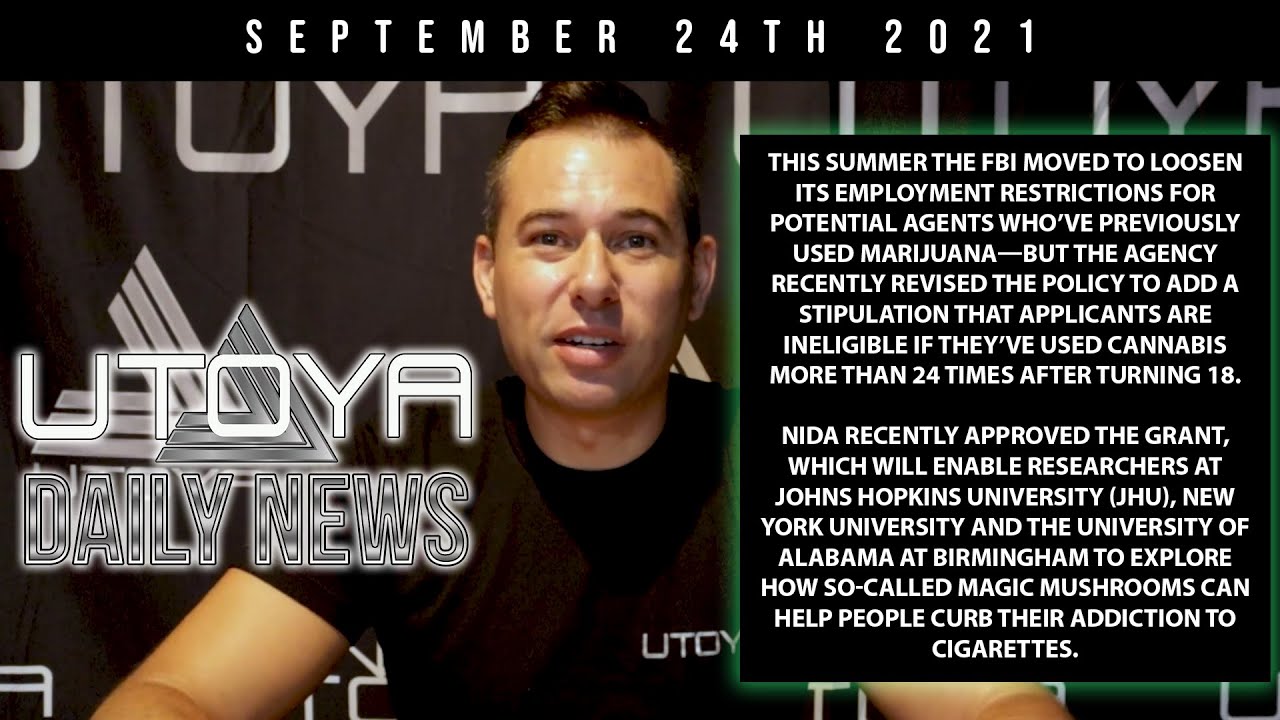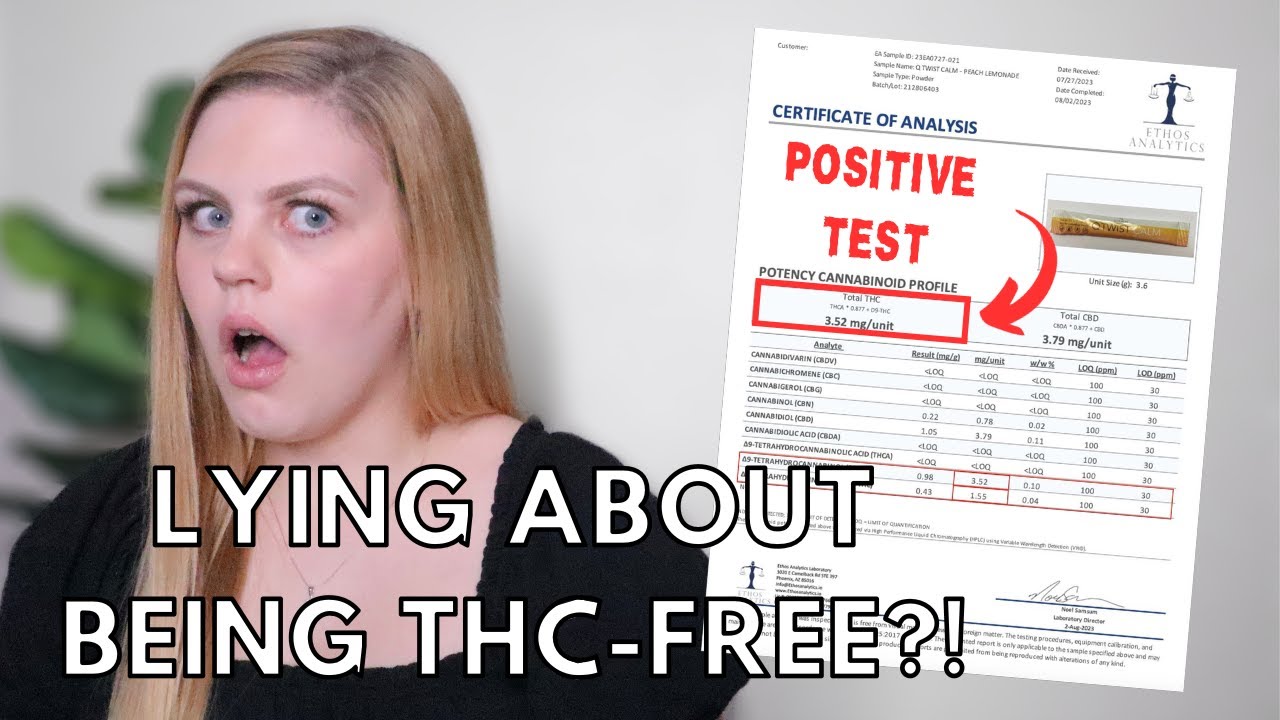The U.S. House of Representatives on Thursday approved a large-scale defense spending bill that includes an amendment to shield banks that works with state-legal marijuana businesses from being penalized by federal regulators. Now advocates and industry stakeholders are left wondering: what’s the fate of the reform in the Senate? And can it make it to the president’s desk?
New comments from Sen. Cory Booker (D-NJ)—who’s helping lead the charge to advance comprehensive marijuana legalization and who has been severely critical of efforts to enact banking reform first—signal that the path to pass the incremental policy change through the National Defense Authorization Act (NDAA) could be in jeopardy in the Senate. Other key senators have also expressed skepticism about the reform’s prospects through this process.
Activists were encouraged this summer when the FBI moved to loosen its employment restrictions for would-be agents who’ve previously used marijuana—but the agency more recently further revised the policy to add a stipulation that applicants are ineligible if they’ve used cannabis more than 24 times after turning 18.
Why 24 times specifically? The agency doesn’t explain.
It simply said in an update to its job eligibility guidance that candidates who “have used marijuana or any of its various forms (e.g., cannabis, hashish (hash), hash oil, or tetrahydrocannabinol (THC), synthetic or natural), in any location (domestic or foreign) regardless of the legality in that location of use, more than twenty-four (24) times after turning 18 years old is a disqualifier for FBI employment.”
A top federal drug agency is funding a study into how psilocybin could help people quit smoking cigarettes—one of the latest examples of the government’s growing interest in psychedelic therapy.
The National Institute on Drug Abuse (NIDA) recently approved the grant, which will enable researchers at Johns Hopkins University (JHU), New York University and the University of Alabama at Birmingham to explore how so-called magic mushrooms can help people curb their addiction to cigarettes.
Mississippi legislative negotiators and leaders have agreed on a draft of medical marijuana legislation, and are anticipated to ask Gov. Tate Reeves (R) as early as Friday to call the Legislature into special session, sources close to the negotiations said Thursday.
Legislative leaders on Thursday released some details of the proposal—which had been kept close to the vest for months—such as that cities and counties will be allowed to “opt out” of having medical marijuana cultivation or dispensaries, although local voters can override this.
It’s been a long four years for Florida’s Black farmers.
In 2017, the Legislature passed a law that created the modern Florida medical marijuana industry. It set steep barriers to entry. It limited the number of licenses the state could award to companies. By no later than Oct. 3 of that year, a new marijuana license was to be given to a business owner belonging to a “Pigford Class” — one of two groups of Black farmers who had won a judgment from the U.S. Department of Agriculture for that agency’s history of racial discrimination.
One full presidential term later, no such cannabis license has been awarded.
During a hearing with state senators on Thursday, the director of Florida’s Office of Medical Marijuana Use, Christopher Ferguson, said developing regulations for the Pigford license is a priority for his office. Ferguson, who works under the Department of Health, said the rules would be ready in “the coming weeks.”
Montana regulators gave lawmakers an update on formulating marijuana rules. They also revealed that regulations will ban hemp-derived CBD from being sold in marijuana dispensaries.
About 300 Oklahoma medical marijuana businesses, all with the same co-owner, suddenly lost their licenses recently, prompting numerous legal battles.
Attorney Rachel Bussett filed cases on behalf of three marijuana growers that were recently notified their licenses have been revoked by the Oklahoma Medical Marijuana Authority (OMMA).
The owners of the three businesses–located in McClain, Le Flore, and Delaware Counties—all moved from out-of-state to capitalize on Oklahoma’s budding marijuana industry.
In Scottland, the Lord Advocate issues official statements regarding the prosecution practices of their police. In this, the statement details that the possession of drugs of any class is suitable for a Recorded Police Warning, allows the police officer the ability to defer the offender to services, and will not allow the illegal distribution of drugs to be considered more serious and requires more robust action by their system.
source



